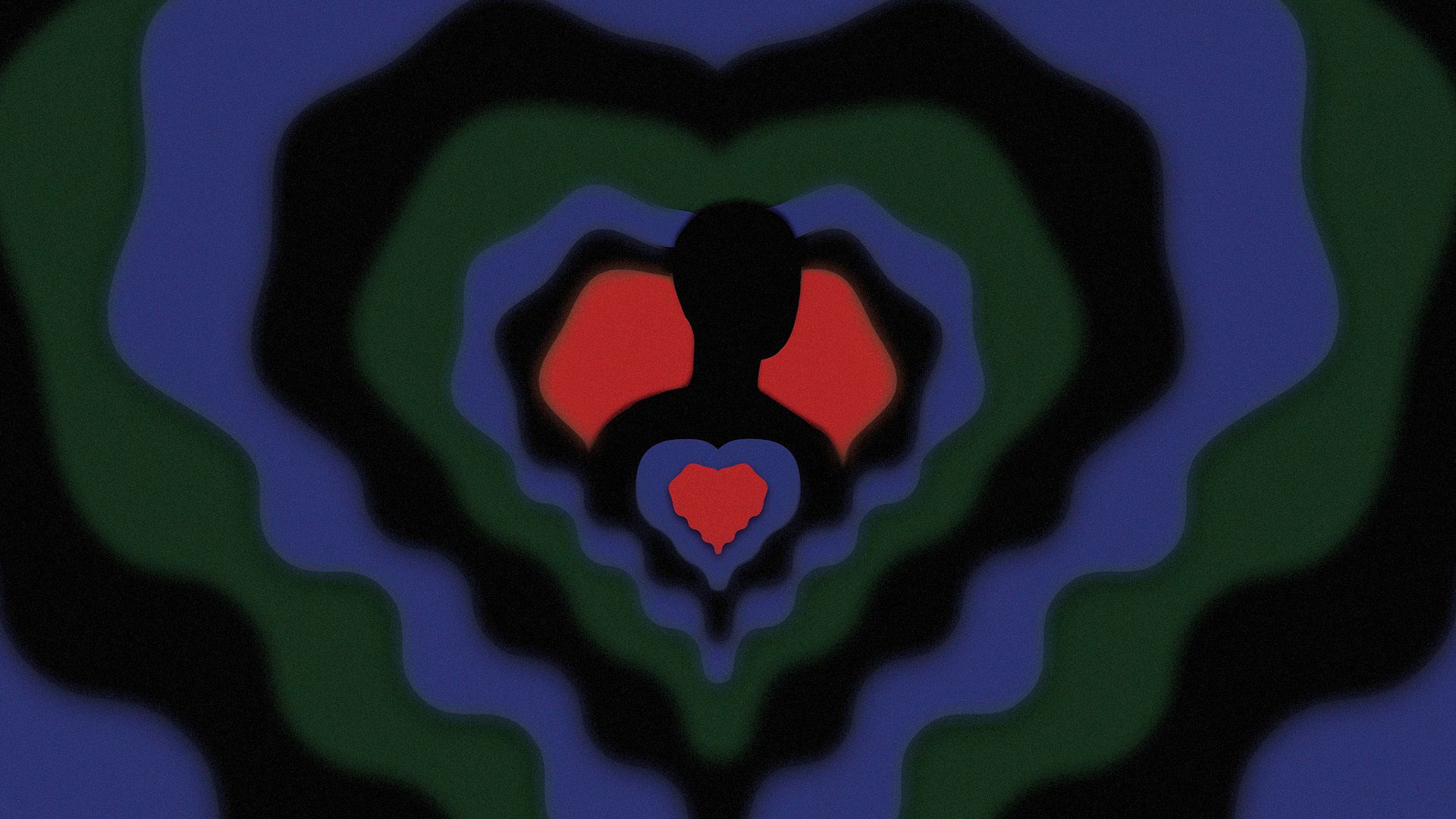A Better View
Through the act of temporary voluntary celibacy, Jo Bragg gains some personal clarity on the meaning of love.
My favourite working definitions of love come from radically different sources. The first, expressed in the essay Finding the Edge by Anne Carson who states “All desire is for a part of oneself gone missing, or so it feels to the person in love”.1 To paraphrase, theorist bell hooks, who offers a more instructive view: “love is a verb”.2 Not to mention anything Anaïs Nin ever wrote, specifically her 1954 novel A Spy in the House of Love. It’s difficult to articulate how applying what I read would lead me to make the decision to become (temporarily) voluntarily celibate, yet here I am writing an essay about what abstinence has taught me about love.
Voluntary celibacy, or abstinence, is no joke and is, as it turns out, really hard to execute. Like any other decision made about sex, abstinence is personal. My decision to step back from sex is informed by my history with sex occupying the majority of my time. As an ex-serial monogomist and sex worker. As an ex-participant in polyamorous, kink and fetish dynamics. You name it – if it seems even vaguely sexy I have explored it as an option in the pursuit of love throughout my early(ier) 20s.
What’s great about voluntary celibacy is that there are no rules about how to practise it
What’s great about voluntary celibacy is that there are no rules about how to practise it. Celibacy can range anywhere from not kissing to never getting married. Therefore, what’s not so great about celibacy is that there are no guiding principles on how to practise it, much less discuss it in a healthy way, without the conversation taking a turn toward moral elitism or just plain incel jokes. So, setting value judgements and jokes aside for a second, right now I am practising your quintessential no-sex abstinence.
As a Trans-guy who dates and operates within Lesbian dating culture (a topic for a follow-up essay, perhaps), I am well acquainted with having my connection to others eroded by who I desire. So, at first, abstinence just made me feel really awkward. A major part of how I identify and am identified by others is, for better or for worse, being gay. So, if you don’t pass as straight or as the gender you are and then you make an overnight decision to also take the ‘sex’ out of your sexuality, celibacy, under these conditions, just exacerbates an already confusing set of paradoxes.
I am well acquainted with having my connection to others eroded by who I desire
Intitally, I kept finding myself in situations where I wouldn’t usually give the mutual invitation to have sex a second thought. Suddenly I was defending my position of practising celibacy. In these moments I felt rogue, like a contrarian without a cause or, worse still, like I was somehow doing the world a virtuous favour.
These feelings of awkwardness are normal, at least in my experience, given that any attempt made to operate beyond societal expectation comes at the expense of comfort, with the pay-off being a regained sense of personal autonomy. Sex is, after all, about participation. Sex is a team sport in its highest social form and a sad validation grab at its lowest. So when I say I’ve stopped participating in this sport altogether, this statement seems to elicit shock or pity, even though the decision not to have sex, for whatever reason, is just as commonplace as having sex.
Sex is a team sport in its highest social form and a sad validation grab at its lowest.
The decision to maintain a celibate lifestyle has given me a unique insight into what love is, what it isn’t and how it (in theory) works; thoughts I would not have gathered had I not decided upon this path. My explicit aim for hitting the pause button on sex was to gain clarity about what love means to me. What I have gained is an expanded sense of love and self, not to mention some compelling findings about modern dating.
First, time seems to slow down as I learn how to effectively communicate that I am practising celibacy, what that means for me and why it matters; abstinence in general gives you a lot more time to yourself. To slow down, rest and reflect. Second, sex and love are not correlative. Modern dating culture draws a problematic lack of connection between the two, and the institution of marriage draws an over-estimate connection between the two. Ultimately, love is about way more than just sex. Love is about care, and I think that sex would benefit from sharing more in that philosophy.
Love is about care, and I think that sex would benefit from sharing more in that philosophy
By far the best thing that I have learnt about love throughout this endeavour is that love is not that romantic. Love between two (or more) people is ordinary. Love when worked on from the inside isn’t selective, competitive, critical or even extraordinary, it is quiet and it is patient.
What this particular revelation has helped me to see is that until you step back and unpack it, love remains limited by whatever you were taught to expect, rather than what you actually believe in or deserve. As hooks can attest, love is nothing if not intentional action. Through these words, almost conversely, I have found that the action of stepping back is sometimes all that is required in order to get a better view of love.
Love... is quiet and it is patient
I can therefore affirm that I attribute my general anguish and overall state of limerence around love to homophobia and transphobia, not to my lovelessness as such. This is the thing that I am the most sad and grateful to have discovered, although I don’t think staying celibate forever will be the answer to unpacking that.

